Bob Hawke encouraged US to mediate China-Taiwan ties
Bob Hawke encouraged the US to support China’s aim of reunification with Taiwan, according to newly declassified records.

Bob Hawke encouraged the US government to support China’s aim of reunification with Taiwan and argued that its “strategic interests” would be served by a resolution to “the Taiwan problem”, according to newly declassified records.
The former prime minister supported China’s request that the US pressure Taiwan to boost trade, aviation and mail links with the mainland and reduce arms sales to the embattled island that would “promote a friendly atmosphere conducive to reunification”, according to then general secretary Hu Yaobang.
“I believe that US strategic interests could only be served by a resolution of the Taiwan problem and that the pragmatism and moderation of the present Chinese leadership provide an especially favourable opportunity for moving positively on this now,” Hawke wrote to US secretary of state George Shultz on June 6, 1986.
Hawke described the “reform and opening up” process in China as “the single most important development occurring anywhere in the world” and argued that the US and Australia must support and encourage this, including by helping to resolve China’s issues with respect to Taiwan.
“I believe very strongly that this development is a positive one for our countries and one which it is very much in our interests to help sustain,” Hawke emphasised to Shultz.
“We will do this best by meeting legitimate and understandable Chinese concerns – especially when that results in the settlement of outstanding causes of tension in the western Pacific region.”
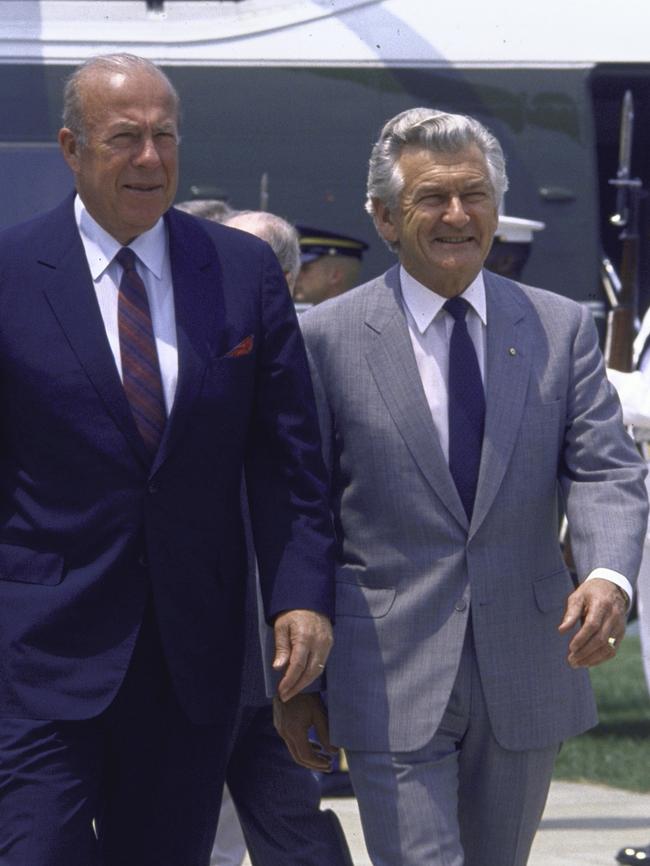
Department of Foreign Affairs and Trade archival records made available to The Australian following a request several years ago include the letter Hawke wrote to Shultz about his 20 hours of talks with Chinese leaders in Beijing, Chengdu and Nanjing in May 1986.
Hu made it clear to Hawke during their long dialogue on May 21, 1986, that China wanted “detailed discussions” with the US and hoped to forge a “long-term friendship” but the “difficult” issue of Taiwan had to be addressed.
The Chinese wanted US president Ronald Reagan to declare his support for establishing aviation, trade and mail links between China and Taiwan.
China also wanted the US to reduce arms sales to Taiwan.
“After reunification, we can assure you the full consideration will be given to the foreign economic relations of Taiwan,” Hu told Hawke. “Therefore, if Reagan and Shultz can make a step forward on Taiwan, the Chinese people will never forget. The Chinese people will never forget an old friend who does a good thing.”
Hawke agreed with China’s position on Taiwan. “I indicated on Monday night to premier Zhao (Ziyang) that I would be more than happy to talk to Shultz and through him to Reagan on this issue,” Hawke told Hu.
“I share your perceptions and analysis of the realities of the position. It is an absurdity to maintain in any way, directly or indirectly, the fallacy that Taiwan is the legitimate government of China.”
It was a different China in 1980s. Hawke, like Hu, believed economic and political liberalisation were inexorably linked. Hawke was optimistic that economic reform would lead to political reform. He was encouraged by China’s guarantees to Hong Kong, which the UK would hand over in 1997. Australia, like the US, still formally supports the “One China” policy.
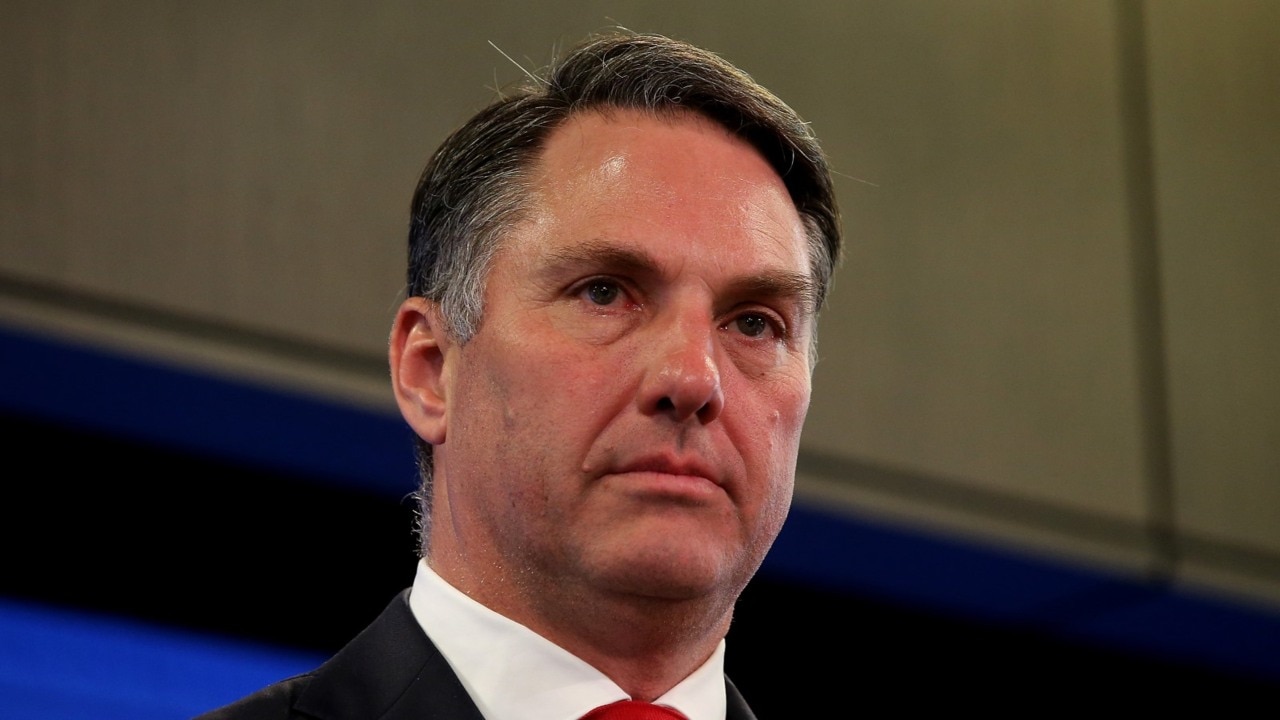
In Hawke’s letter to Shultz, he emphasised that Zhao and Hu wanted the US “to use its influence with Taiwan to commence negotiations with China” on areas of concern. The US, however, was lukewarm about playing a mediating role and had taken “a firm position” not to be involved in “China/Taiwan division”, according to a later diplomatic cable.
Hawke’s extensive conversations with Chinese leaders were detailed in this writer’s biography of the former prime minister published in March.
The letter to Shultz was declassified by the National Archives of Australia in May.
As prime minister between 1983 and 1991, Hawke saw himself as a conduit between east and west. He conveyed discussions with Chinese and Soviet leaders to US presidents Reagan and George HW Bush, British prime ministers Margaret Thatcher and John Major, and Canadian prime minister Brian Mulroney.
In his June 1986 letter, Hawke emphasised to Shultz that his access to the inner councils of the Chinese government was “rare” and offered to “convey” messages between the US and China.
“The Chinese system, despite its modernising tendencies and opening processes, permits few occasions when the leadership of a country closely associated with Western strategic perceptions can gain entry to detailed and … genuine Chinese leadership thinking,” he wrote. “These occasions must be sufficiently rare for the opportunity to be seized for productive advantage.”
Shultz welcomed Hawke’s reports of his talks with Chinese leaders. In one of his last interviews just before his death last year, Shultz told this writer about his relationship with Hawke: “His views were always welcomed because he was a sensible guy who did a lot of homework, and so you listened to him.”
Troy Bramston is the author of Bob Hawke: Demons and Destiny (Penguin Random House)
More Coverage
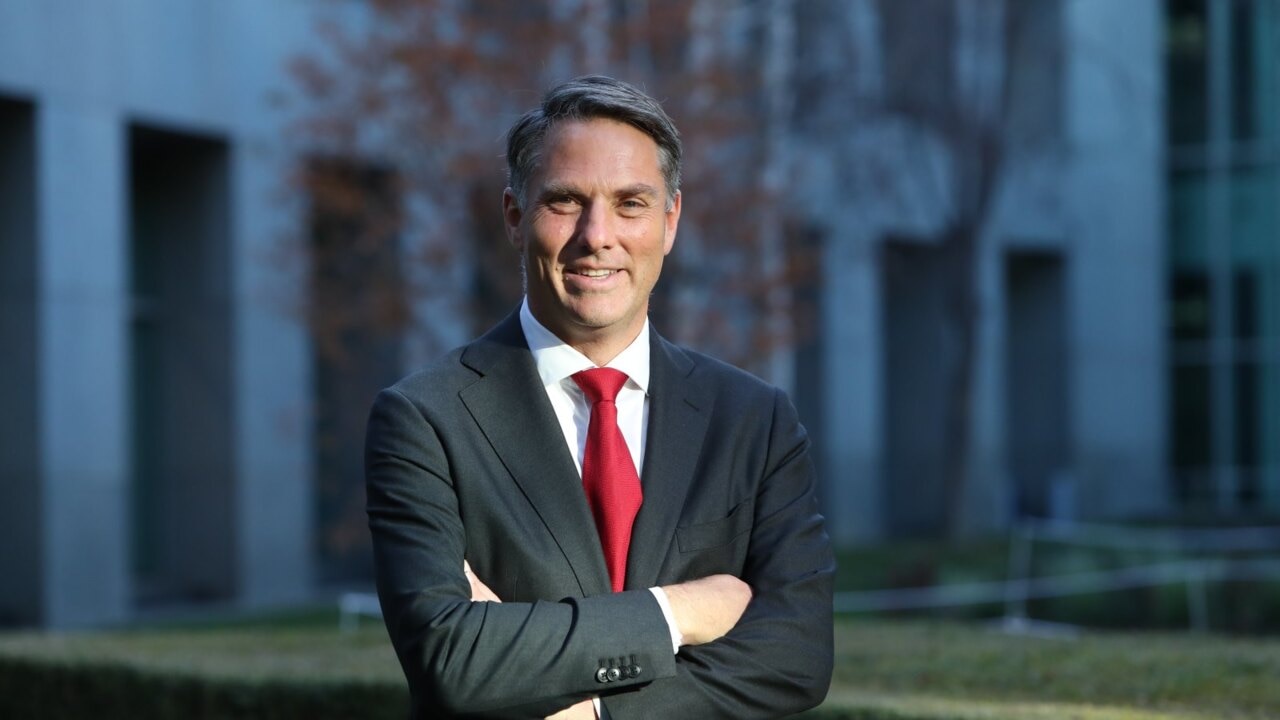


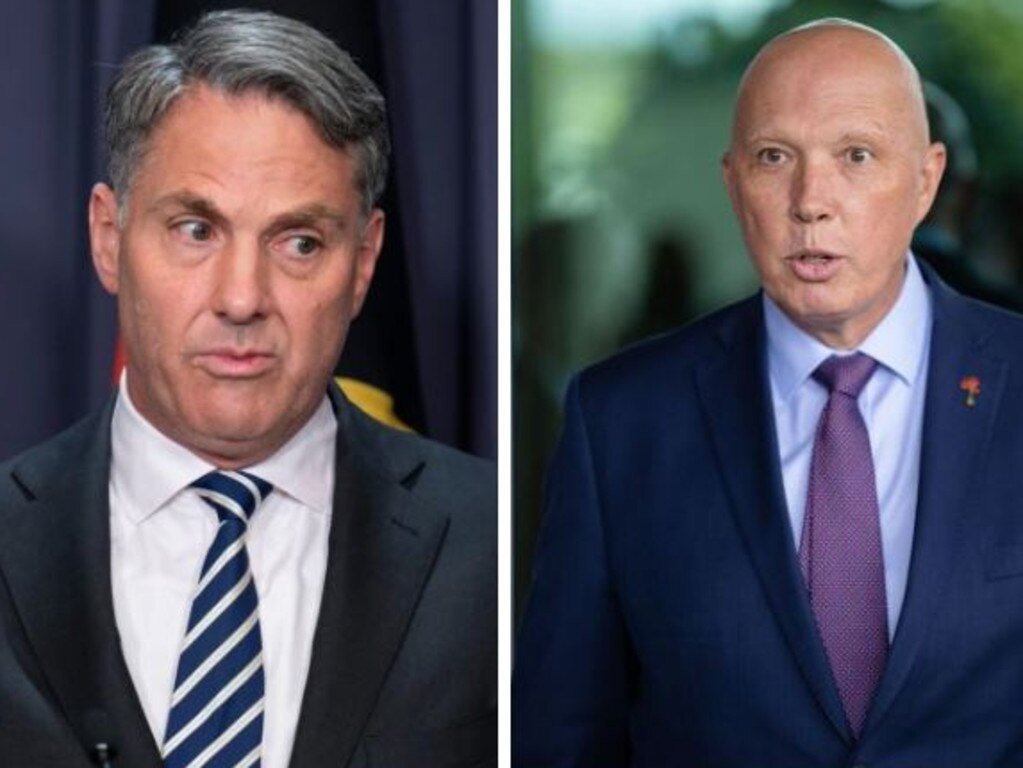

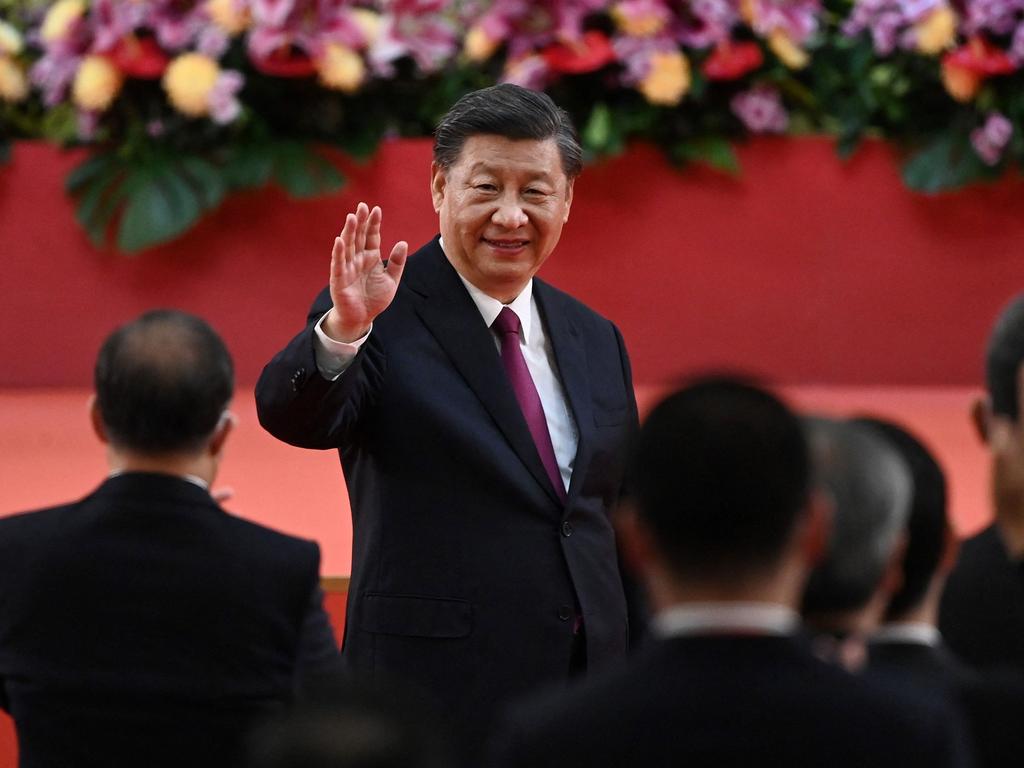


To join the conversation, please log in. Don't have an account? Register
Join the conversation, you are commenting as Logout